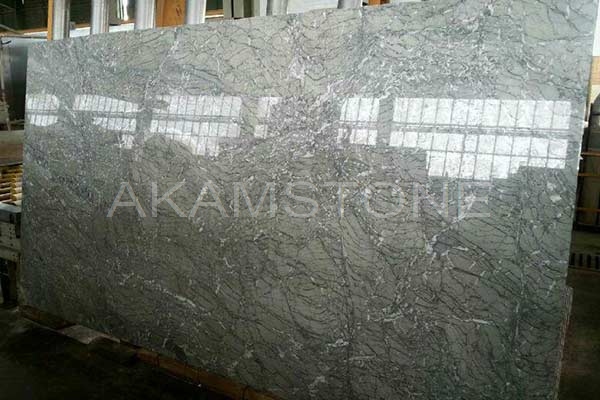Understanding Marble’s Heat Resistance
Is Marble Safe Around Heat and Fire?
Marble is known for its beauty, durability, and timeless appeal. From kitchen countertops to fireplace surrounds, this natural stone is used in many high-heat areas. But a common question arises: Can marble burn?
Whether you’re designing a kitchen, outdoor BBQ area, or fireplace, it’s important to understand how marble reacts to heat. The answer might surprise you—and give you more confidence in choosing this elegant material.

Marble and Heat: What Happens When Things Get Hot?
1. Can Marble Actually Burn?
No, marble does not burn in the traditional sense. Marble is a natural stone formed under high heat and pressure over thousands of years. Because of its composition (mostly calcium carbonate), marble can withstand high temperatures without catching fire or releasing toxic fumes.
However, while marble won’t ignite, it can suffer damage from intense or prolonged heat exposure.
2. Heat Resistance vs. Heat Damage
Marble is heat-resistant, not heat-proof. This means it can tolerate moderately high temperatures without degrading. That’s why it’s used for:
- Kitchen backsplashes
- Fireplace surrounds
- Outdoor countertops
Still, placing a hot pan directly on a marble surface can lead to thermal shock, which may cause discoloration, dull spots, or even cracks.
3. Marble Around Fireplaces and Stoves
Marble is a popular material around fireplaces because it’s non-combustible and adds visual luxury. It won’t catch fire, but make sure it’s not exposed to direct flame or excessive heat for long periods. For wood-burning or gas fireplaces, a heat shield or buffer zone may help extend the stone’s lifespan.
Tips for Protecting Marble from Heat
Use Trivets and Heat Pads
Even though marble handles heat better than many synthetic surfaces, it’s still best to use trivets, coasters, or heat pads under hot pots and pans.
Seal the Surface Properly
Sealing doesn’t prevent heat damage, but it does protect the marble from stains, moisture, and etching—especially in kitchens and bathrooms.
Clean Gently After Heat Exposure
If you notice discoloration or dullness after heat contact, use a marble-safe cleaner and soft cloth. Avoid harsh chemicals, which can make the damage worse.
Should You Use Marble in High-Heat Areas?
Absolutely—if it’s installed and maintained properly. Marble is both functional and beautiful when used near heat sources, as long as you take basic precautions. It’s perfect for:
- Fireplace surrounds
- Bathroom vanities with heated floors
- Outdoor kitchens and BBQs
Just remember, extreme or direct heat can still damage the surface over time.
Looking for Heat-Resistant Natural Stone?
We supply premium marble slabs and tiles, ideal for both indoor and outdoor applications. Our team can help you choose the right finish and care instructions for high-heat areas.
